The 50 best albums of the last decade
After much fervent and impassioned debate, critics Alexandra Pollard, Roisin O'Connor, Jazz Monroe, Helen Brown and Patrick Smith picked their favourites from a decade of disparate and daring records


In 10 years, the way we consume music changed seismically and irreversibly. During the 2010s, record labels, music sellers and chart companies scrambled to try to keep up with the shift, tearing up their own business models and hastily papering over the cracks in the new ones, as technology galloped ahead of them. But one thing didn’t change: the existence of talented artists, and the quality of the music they make. This list is evidence of that.
From artists such as Lorde, Taylor Swift and Robyn playing with the boundaries of pop to Stormzy bringing grime mainstream, the 2010s was a decade of disparate and daring records. David Bowie and Leonard Cohen, masters of the 20th century, released their swansongs; James Blake and Christine and the Queens their debuts.
The result of much fervent and impassioned debate, whittled down from hundreds of mooted greats, here are The Independent’s 50 best albums of the decade – read below or click through the gallery to see our picks.
50. Nils Frahm – Spaces (2013)

Nils Frahm’s music feels most alive when you’re witnessing it in concert, so it makes sense that Spaces, a collection of field recordings made over two years, is his most immersive and dynamic. The shifting energy is due to how no single performance is ever the same; the one constant is the German composer’s joy in creating sound, and the spaces in between. (RO)
49. Bill Callahan – Dream River (2013)
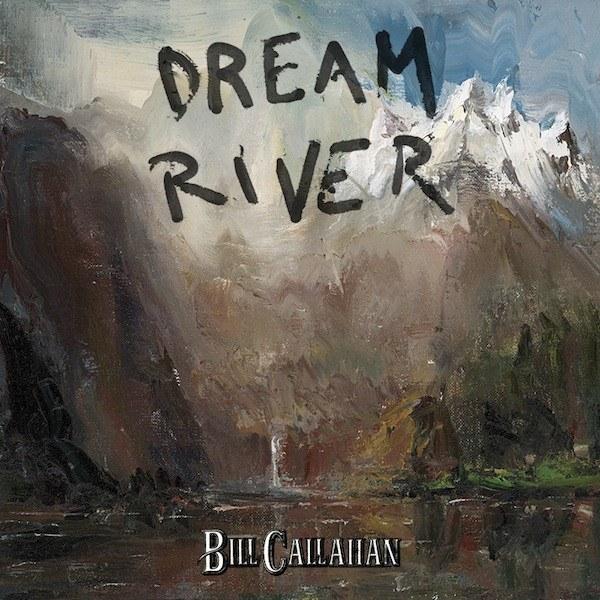
“I have learnt, when things are beautiful, to just keep on,” confides Callahan on the most laconic and nuanced album of his career. Warm grains of flute and fiddle run through the rich country soul. Masterful, minimalist storytelling guides us through summers spent painting boats and long nights in hotel bars. (HB)
48. Arctic Monkeys – Tranquility Base Hotel & Casino (2018)
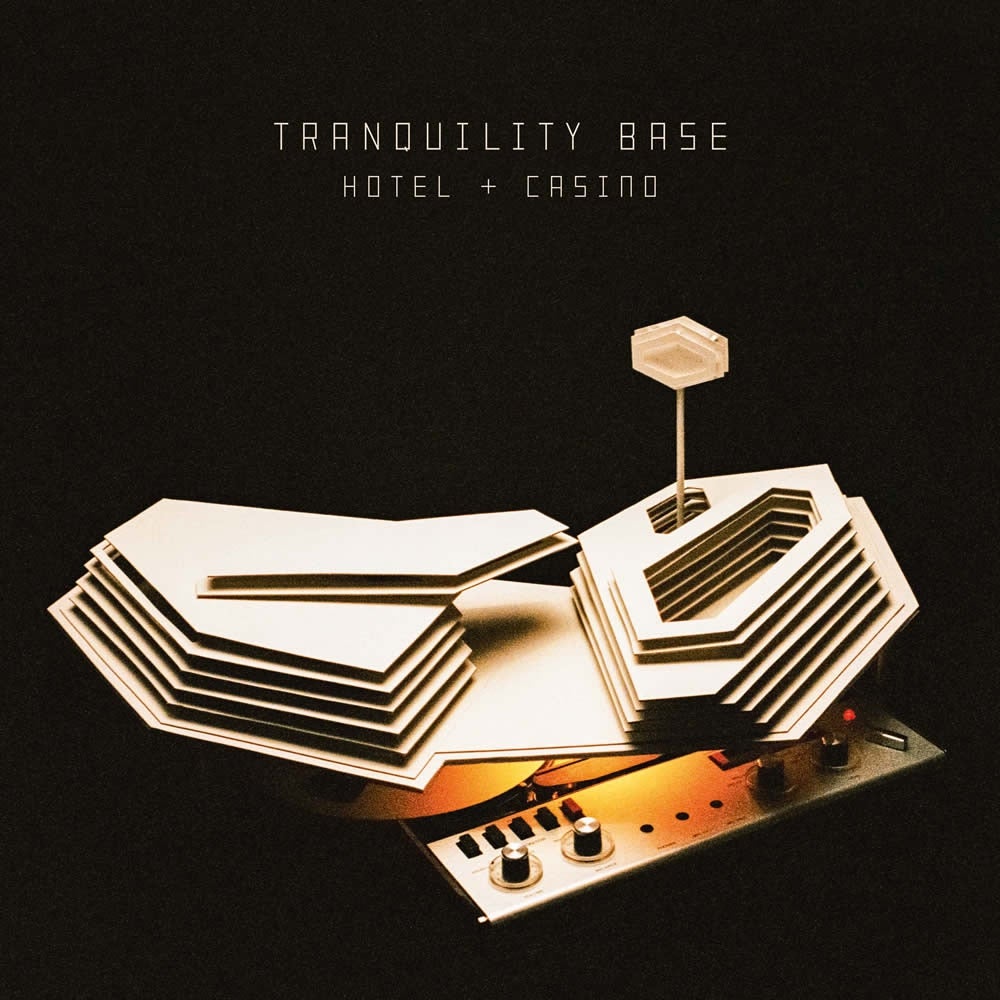
Twelve years after Arctic Monkeys released a debut album that shook the British rock scene out of its doldrums, the Sheffield boy wonders came up with this: a concept album about a luxury lunar resort that surgically removed the blues influences on AM and replaced them with lounge jazz and absurdist lyrics. It upset fans who wanted more of the same, and yet, frontman Alex Turner’s musical and lyrical meanderings mark one of the boldest moves by any rock band in recent memory. (RO)
47. Richard Dawson – Nothing Important (2014)
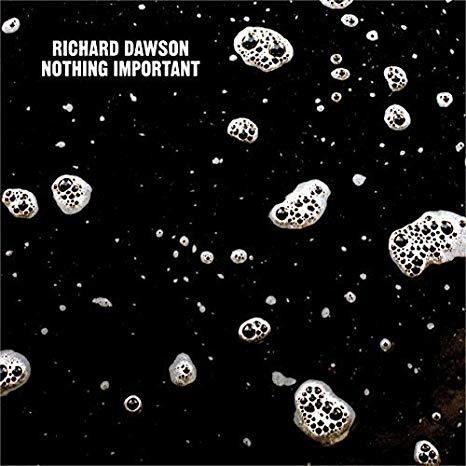
Richard Dawson was once a heart-on-sleeve singer-songwriter, but by 2014, the Geordie’s outré folk had made him Britain’s leading avant-bard. On his breakthrough LP, malevolent instrumentals bookend a pair of 16-minute epics, bending from the ambitiously autobiographical title track to “The Vile Stuff”, a delirious tale of a boozy school trip gone awry. (JM)
46. Julia Holter – Have You in My Wilderness (2015)
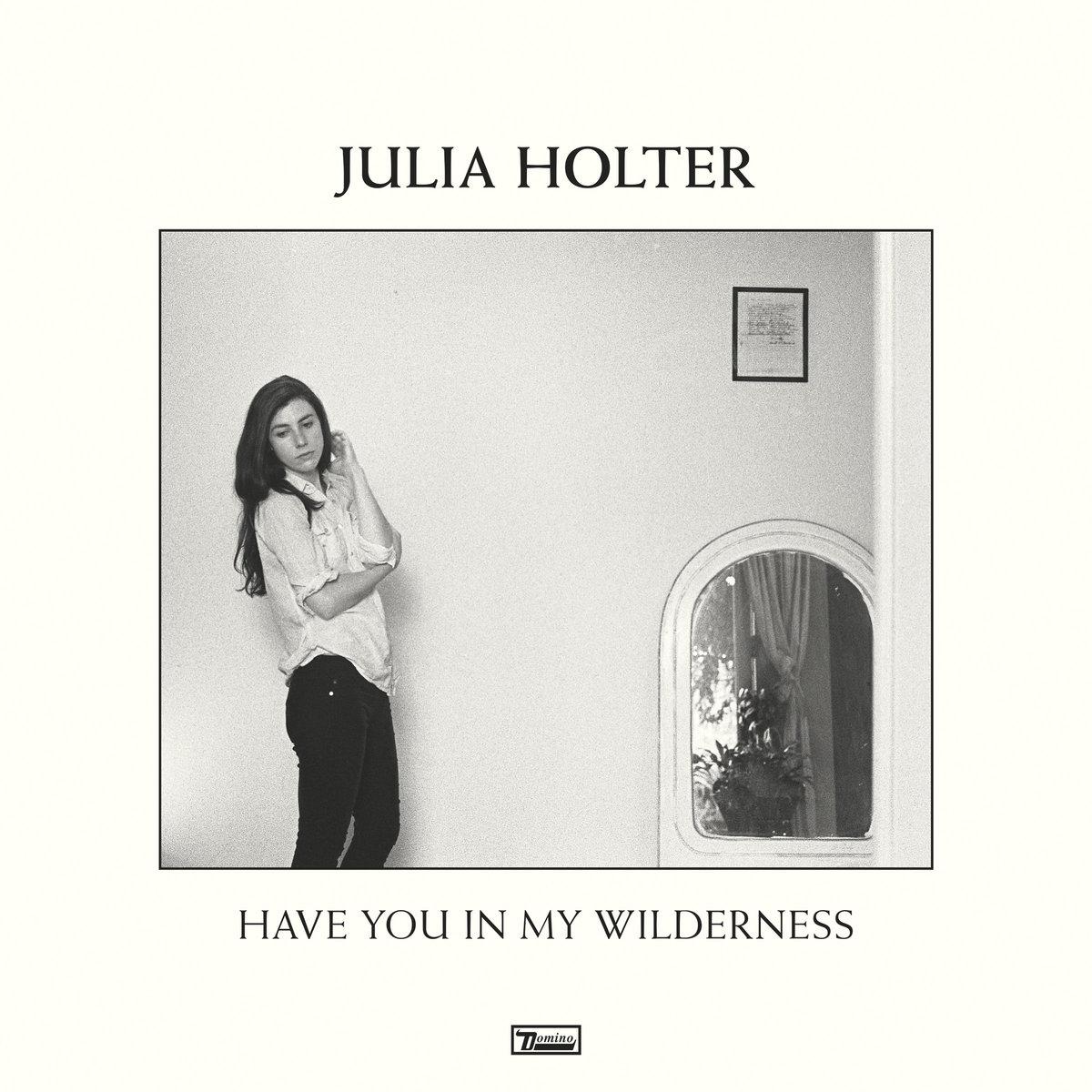
Refreshing as summer rain, the avant-garde – and occasionally difficult – Californian artist’s fourth album sees melodies splashing merrily from her keyboard. Her pretty, literate vocals spin playful mysteries of faceless lovers in raincoats and strange women on remote shores. “It’s lucidity!” Holter teased. “So clear!” A ludic, lucid dream of a record. (HB)
45. Sky Ferreira – Night Time, My Time (2013)
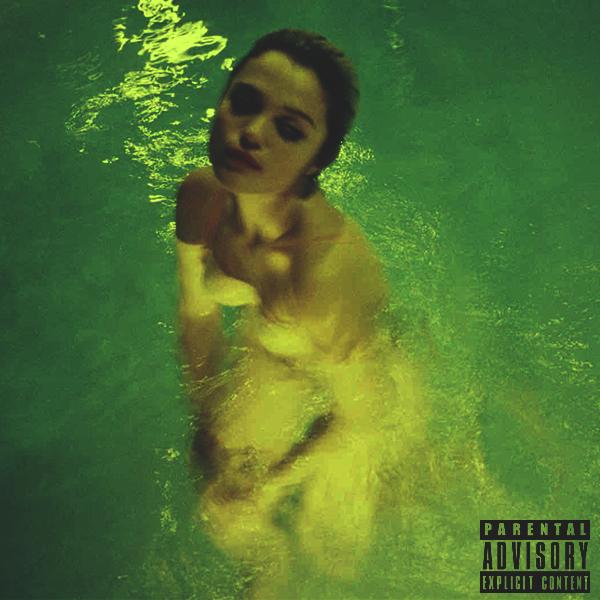
Sky Ferreira did it her way. After years of label disputes about image and musical direction, the Californian finally decided to put her own modelling money towards financing her debut record, 2013’s Night Time, My Time. And what a record it is: melding Eighties pop with alternative rock, it brims with a wild vivacity, as squelching synths come up against gnashing guitars, vulnerable lyrics and often distorted vocals. “Everything is Embarrassing”, produced by Dev Hynes, is one of the songs of the decade. (PS)
44. Alabama Shakes – Boys and Girls (2012)
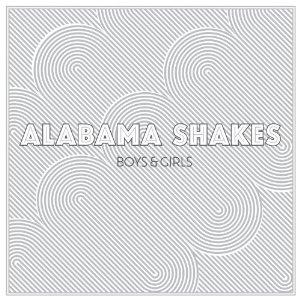
Combining rumbustious soul-rock with swampy blues grit, this four-piece from Athens, Alabama, were one of the most exciting sounds of 2012 thanks to their humdinger of a debut album. Gutsy and unrefined, Boys & Girls is indebted to a bygone era but somehow feels fresh. It’s underpinned by powerhouse frontwoman Brittany Howard’s astonishing voice – capable of both a piercing falsetto or a guttural roar. Barack Obama would subsequently invite the band to play at the White House. (PS)
43. Stormzy – Gang Signs & Prayer (2017)
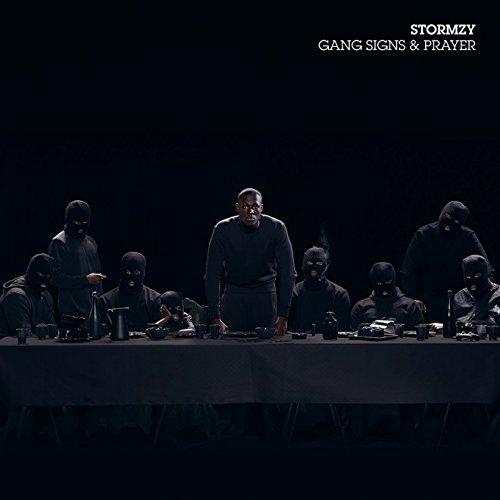
When the documentarians of the future make films about the UK in the 2010s, you can bet they’ll put Michael Ebenazer Kwadjo Omari Owuo Jr on the soundtrack. The charismatic grime MC is bursting with all the self-aware anger, humour, confusion, vulnerability and creativity of his generation in multicultural urban Britain. (HB)
42. Todd Terje – It’s Album Time (2014)
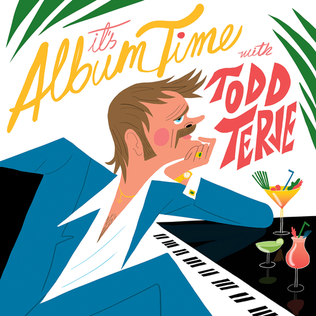
After a run of spellbinding singles, the Norse disco maverick released this synthesis of the frivolous and cinematic: an album so casually virtuosic it seemed to have dropped out of an alien supercomputer. From crate digger space-funk to dance floor ecstasy (and a Bryan Ferry feature), It’s Album Time is endlessly replayable: a perfectly formed confection that requires no sequel. (JM)
41. Big Thief – Two Hands (2019)
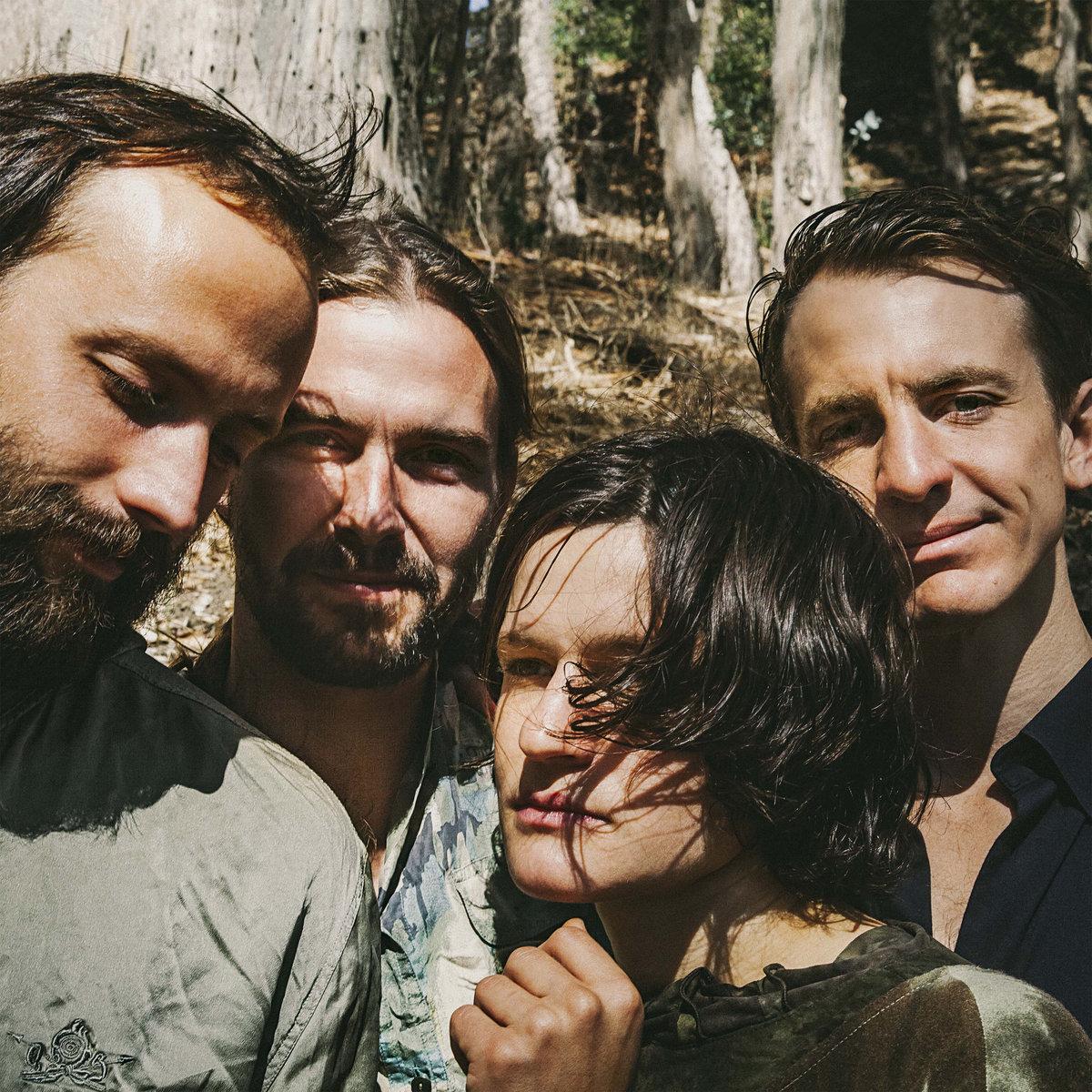
There’s a kind of telepathy that develops when a band spends as much time together as Big Thief. The indie-rock band’s second album in the space of five months (the first being UFOF), was described as the “earth twin” and, indeed, they sound utterly grounded – to each other, and to their surroundings in the arid Chihuahuan Desert of Texas, near the Mexico border. In contrast to her fragile performance on UFOF, here Adrianne Lenker sings in lusty whoops and calls on “Forgotten Eyes”, while “Not”, the record’s dark, brooding soul, caterwauls with feedback screeches and a merciless, two-minute guitar solo that leaves you simultaneously devastated and enthralled. (RO)
40. Christine and the Queens – Chaleur Humaine (2014)
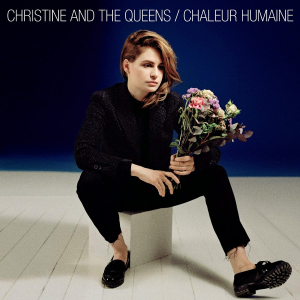
On her electropop-laden debut – the UK release of which meanders between French and English – Heloise Letissier explores the lonelinesses and triumphs of being queer. On “Saint Claude”, she steals glimpses of a feminine boy being mocked on a Paris bus, too ashamed to step in. On “Tilted”, she is newly defiant. “I am actually good, can’t help it if we’re tilted.” (AP)
39. James Blake – James Blake (2011)
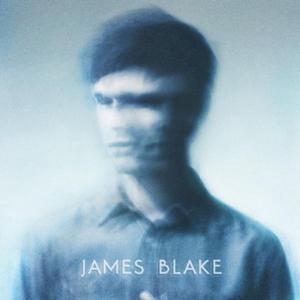
Inspired by the “icy altitudes” of Joni Mitchell’s open-tuned confessionals, the dubstep producer took singer-songwriting into a compelling new landscape of minimalist clicks and autotuned emotion. He sang of “testing sounds/ For the deaf and the forest cold” and now describes his sparse, graceful debut as “a fractured diary” reflecting “a lack of something”. (HB)
38. Skepta – Konnichiwa (2016)
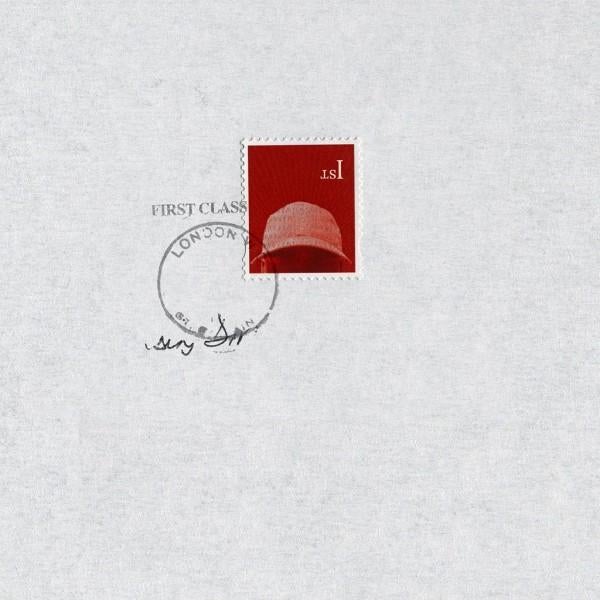
In 2016, the UK was in chaos. The EU referendum produced a shock result, David Cameron resigned as prime minister, and the arguing began, as a new harder-right politics emerged. The future felt bleak. In the midst of all this, Skepta – always wary of institutions – poured gasoline over the whole mess and lit a match. Konnichiwa is an album heavy with contempt for authority; a sizzling brew of jungle, UK garage and dancehall into which he pours all of his anger, frustration, fear and suspicion. (RO)
37. Bon Iver – Bon Iver (2011)
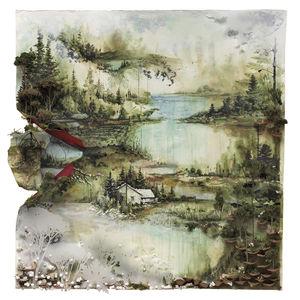
Where 2008’s For Emma, Forever Ago was an exercise in sparse, solipsistic introspection, Justin Vernon’s follow-up sounds like a man setting himself free and fully embracing the depths of his imagination. Less hermetically sealed than his debut, it's an exquisite record, with Vernon’s soulful falsetto woven into a gorgeous patchwork of jazz, folk, ambient and electronica. He would add more autotune to his voice on later albums; here it’s just perfect. (PS)
36. Ane Brun – When I’m Free (2015)

There’s a glorious elasticity of both sound and spirit to the Norwegian singer-songwriter’s seventh album. Gone is the feathery folk of her early releases as she flings open the doors to big timpani, hip-hop rhythms and liquid Eighties bass lines. Lyrically, she celebrated the suffragettes and her own possibilities in the face of chronic illness. (HB)
35. Jamie xx – In Colour (2015)

A solo album from The xx’s most elusive member was the subject of rumour for a good few years; the reality was better than fans could have hoped for. In Colour is a lovingly crafted tribute to the rave; a kaleidoscope of beats and pulsing synths that stitch together the many moods you can find on the dancefloor, from the ecstasy of a drop to the melancholy of knowing the night must, at some point, come to an end. (RO)
34. Mitski – Be the Cowboy (2018)
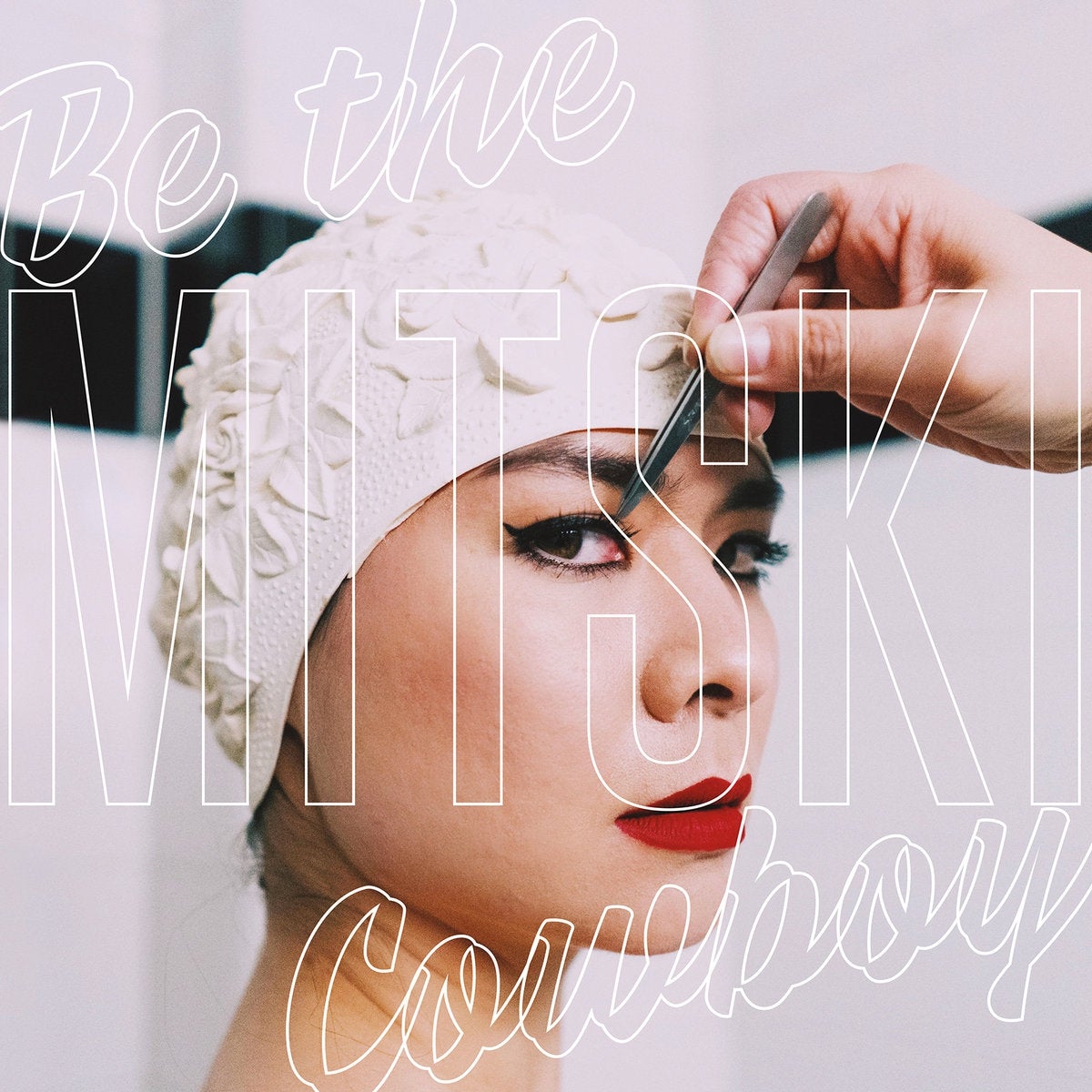
Upon the release of Be the Cowboy, Mitski described how she had “f***ed with the form, almost in ways that make me uncomfortable” – hardly surprising for an artist whose songs pivot between lullaby-like calm and reckless, scuzzy urgency. Her fifth album sits to the left of just about every box you might try to put it in, those signature distorted guitars joined by bright, bold synths, organs and show-tune pianos. Lead single “Nobody”, with its almost aggressive vulnerability, is a masterpiece. (AP)
33. Kacey Musgraves – Golden Hour (2018)
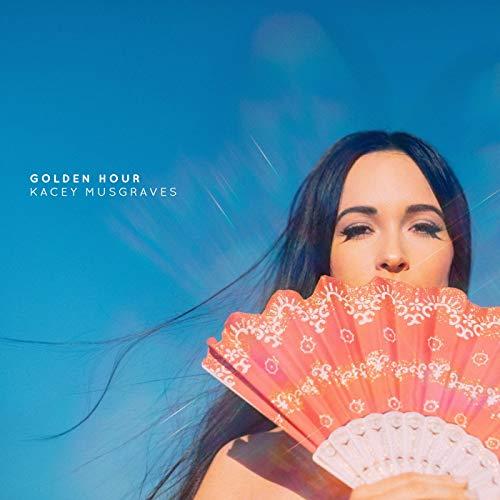
Three albums in, Kacey Musgraves worried that falling in love with her husband would affect her music. “I was a little wary,” she told The Independent last year. “I was like, ‘Man, I wonder if I’m gonna be able to write.’” She needn’t have worried. With synths and Daft Punk guitar licks added into the mix, her fourth album, which she dubbed “cosmic country”, is rich and ambitious with a subtle, psychedelic gloss, winning the Grammy for Album of the Year. (AP)
32. Björk – Vulnicura (2015)

For three decades, Björk has weathered professional belittlement, abuse and tragedy, always reiterating herself in song, as if it were normal to absorb so much. On Vulnicura, recorded amid a scrappy break-up, the Icelandic virtuoso snapped. Monstrous ballads meet shattered beats and siren strings, a cyclone propelled by the wisdom of age. When the dust settles, she sounds reborn. (JM)
31. Marianne Faithfull – Negative Capability (2018)
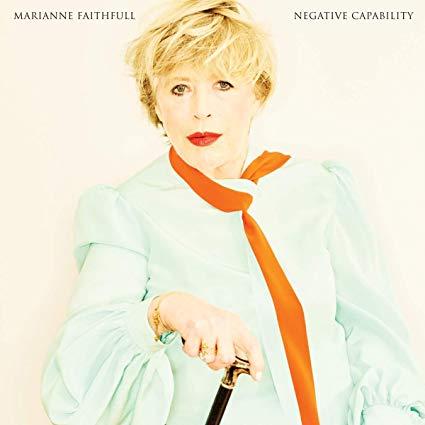
A breathtakingly brave and graceful testament from the ultimate survivor of patriarchal rock. Romance and realism, love and fear are held in perfect tension as the 71-year-old conjures shimmering myths of ye olde England, then tells a friend: “I do understand why you want no more f***ing treatment.” (HB)
30. These New Puritans – Field of Reeds (2013)
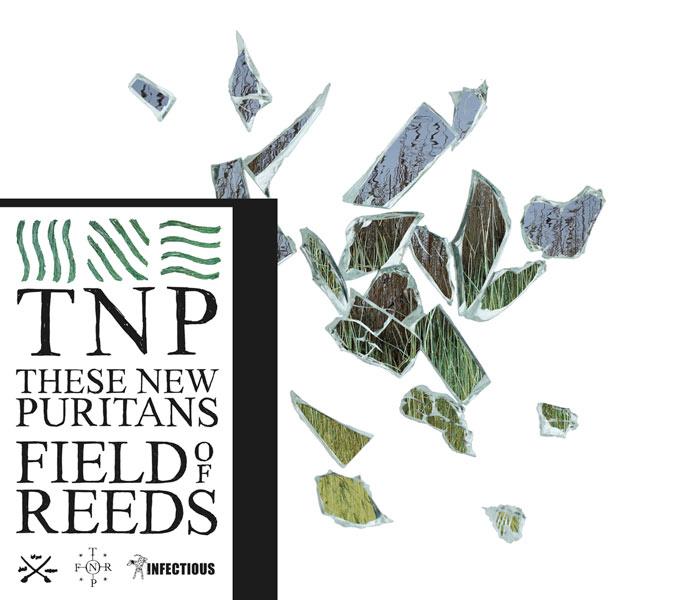
With 2010’s Hidden, These New Puritans fashioned dancehall and medieval heraldry into pop overtures. They re-emerged with something improbably subtle: a dreamscape shorn of excess pomp, beats and even consonants, with Jack Barnett’s voice remade as an instrument. Amid ineffable neoclassical, his shy croak elevates the record, the sound of a doomed romantic awash in the music of the heavens. (JM)
29. Anohni – Hopelessness (2016)
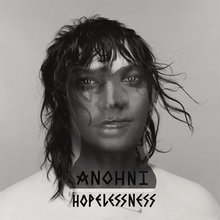
Released before Trump’s election and the Brexit vote, there was a dark prescience to this gleefully disruptive blast of electronica. Anohni jettisoned the gorgeous chamber pop which had brought her critical acclaim to make a radical ecofeminist wake-up call about the horrors of the violent patriarchy, drone warfare and global warming. (HB)
28. Joanna Newsom – Have One on Me (2010)
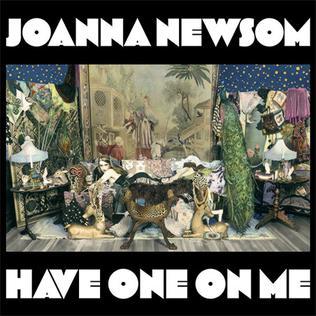
Newsom’s third album – an elaborate, six-sided odyssey whose musical palette blends harp, tambura and kaval with drums and electric guitars – heralded a noticeable change in her voice. The removal of vocal cord nodules had shaved the edges off its trill, and its new deeper, fuller sound suited an album as intricate and aching as this. “I found a little plot of land/ In the Garden of Eden,” she sings on one of its best tracks, “81”, seemingly poised on the edge of religious reverence. “It was dirt, and dirt is all the same.” (AP)
27. Fatoumata Diawara – Fatou (2011)
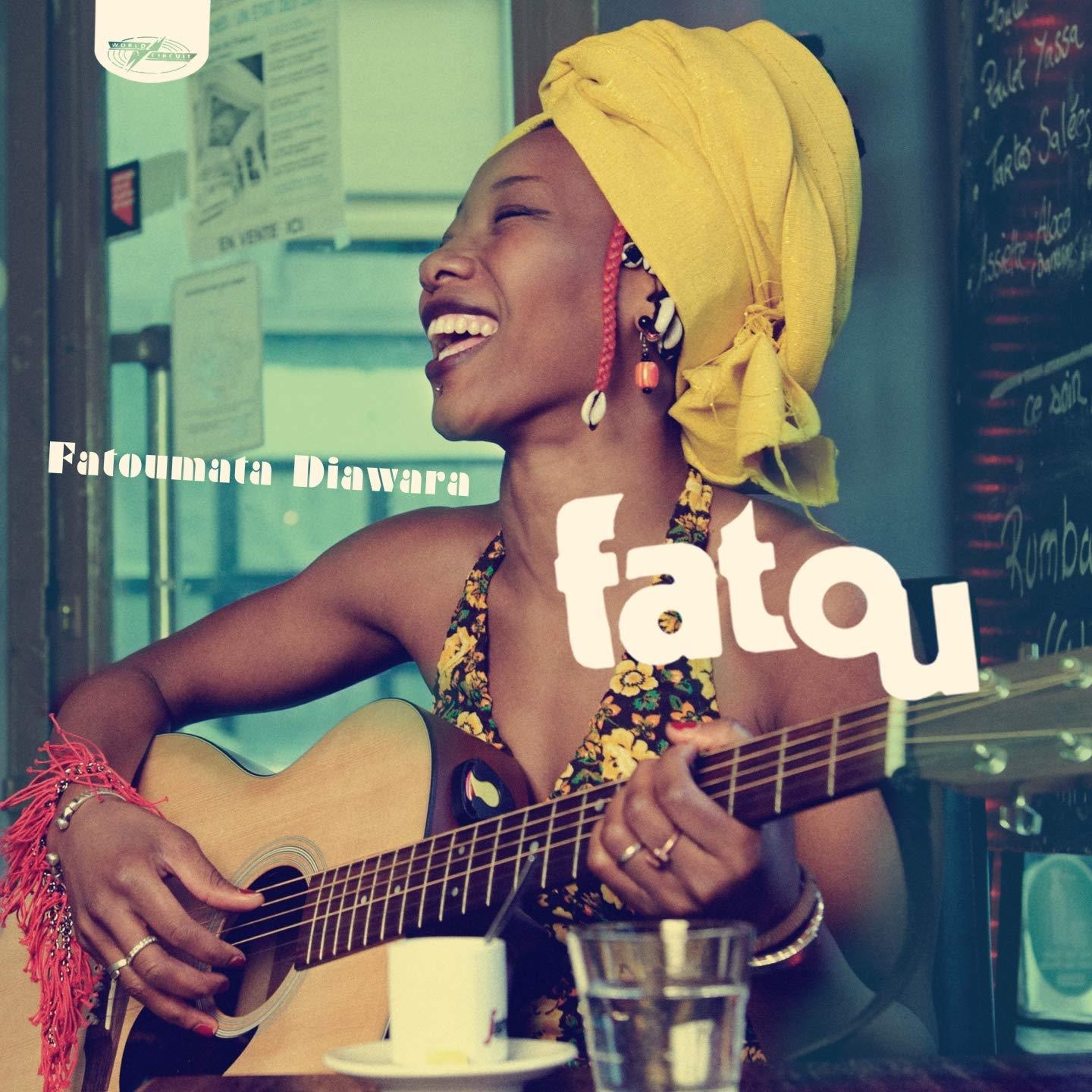
“Why did you cut the flower that makes me a woman?” sings the Malian artist on “Boloko”, the first African song to address female genital mutilation. Immigration and forced adoption are also challenged on a culture-shifting debut that brings a rare sweetness to the protest genre. The sensual power of Diawara’s lullsome voice and her shimmering guitar patterns remain hypnotic. (HB)
26. Arca – Arca (2017)

As “deconstructed club music” became a buzzword, electronic artists considered how to reassemble the pieces. One pitch for how that might sound – somehow futuristic yet familiar – came from Venezuelan producer Arca. The Björk and FKA twigs collaborator’s third album relaunched her zero-gravity sound world with a secret weapon: the bruised, disarmingly operatic voice of an angel in hell. (JM)
25. David Bowie – Blackstar (2016)
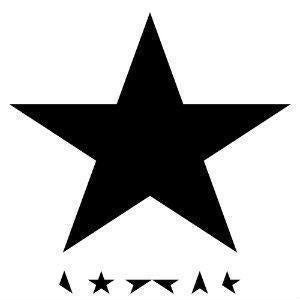
On his 69th birthday, two days before his death, David Bowie released perhaps the most extreme album of his career. Blackstar is more alien than Ziggy; as inscrutable as the deepest corners of the universe. He refuses to go quietly, whether making a joyous racket on “’Tis a Pity She Was a Whore” or adding eerie buzzes and whines to album closer “I Can’t Give Everything Away” where, faced with the nearness of his own death, Bowie engages in a final tussle with his own myth. (RO)
24. Adele – 21 (2011)
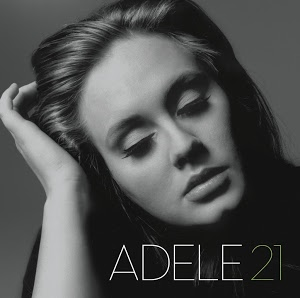
Earlier this year, Adele announced that she had split from her husband Simon Konecki. While some sympathised, others rejoiced at the brilliant break-up album that was surely on the cards. “Bunch of f***ing savages,” she joked in response to those gleeful fans. “30 will be a drum ’n’ bass record to spite you.” Cruel though it was, there was a reason for the gleeful reaction – Adele sings of heartbreak like nobody else. And never better than on 21, a sad, soulful masterpiece which on these shores is the best-selling album of the century. (AP)
23. Daft Punk – Random Access Memories (2013)
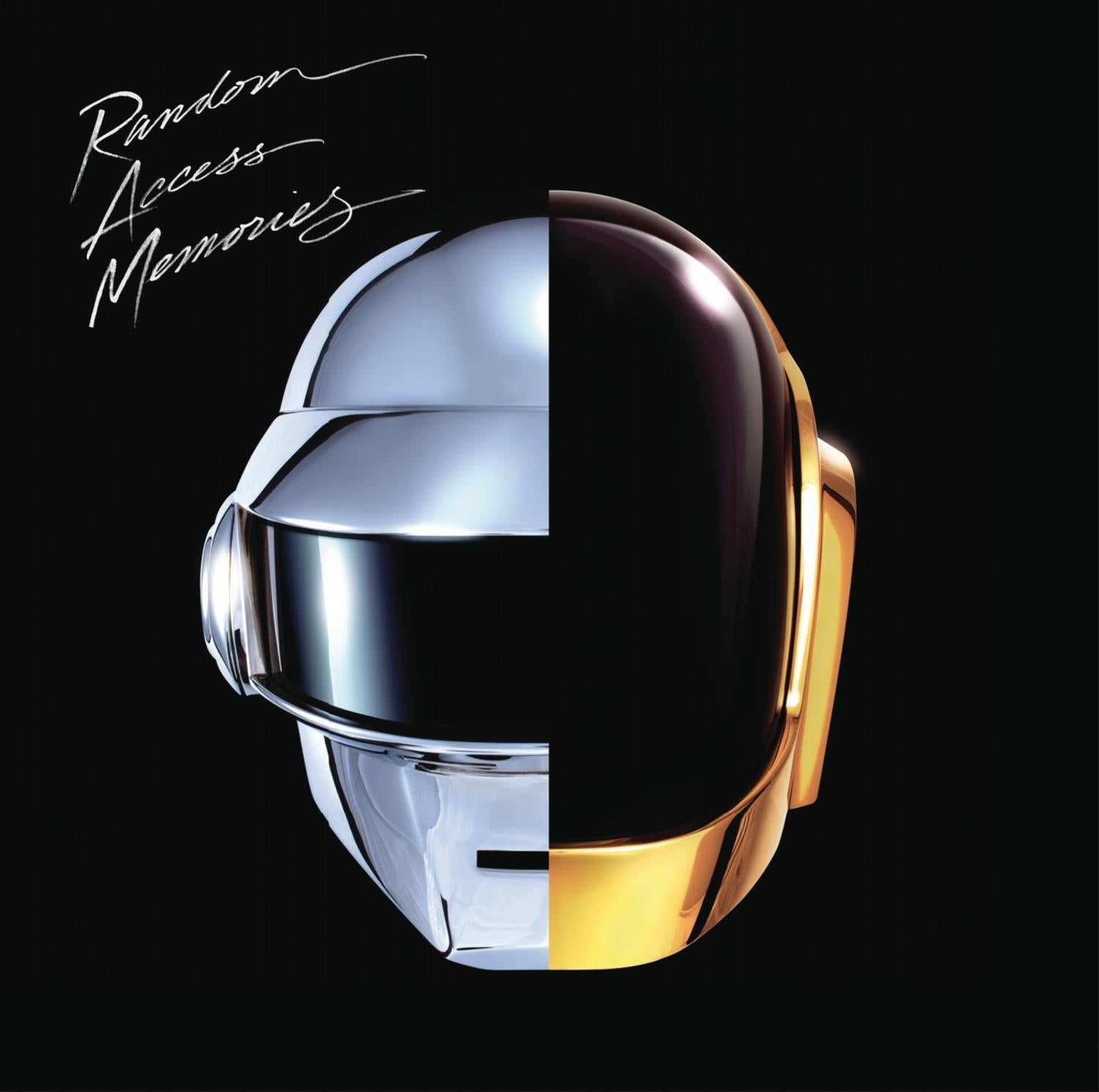
The French electronic pioneers brought funk back for the summer of 2013 with an album drawing heavily on the sounds of the Seventies and Eighties. Pretty much everything you need to know is in the opening salvo “Give Life Back to Music”; Daft Punk tend to pop up at times where other artists are grasping frantically for something new. Random Access Memories restarted the party with good old-fashioned craftmanship and Le Daft’s undiluted love for what they do. (RO)
22. Lana Del Rey – Norman F***ing Rockwell! (2019)
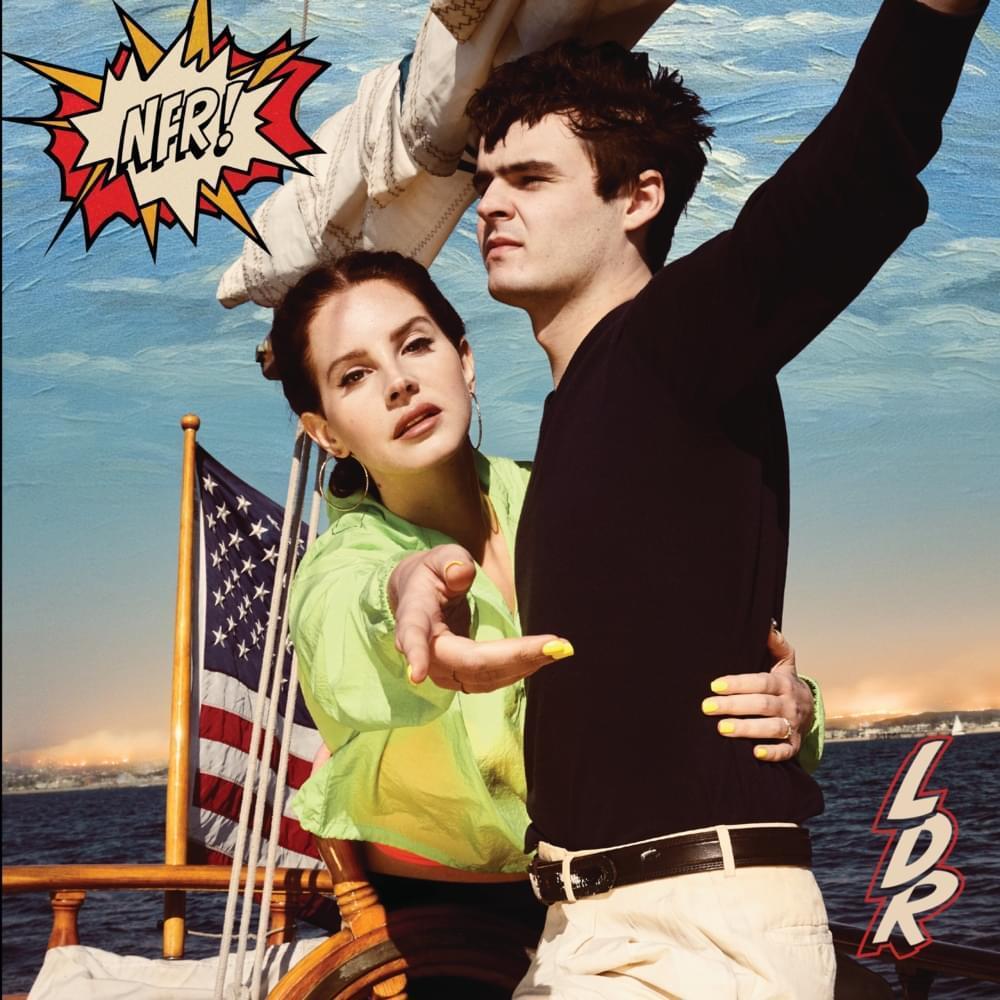
It is striking that Lana Del Rey – the greatest artist of her generation – creates art full of meaningful observations about men and women that are deeply unfashionable outside of an Esther Perel podcast. Del Rey desires to be desired; she likes it when her man makes her feel like a child; she “wants to die”. The longing for unconsciousness is still present in NFR (“I’m the void,” she sings on “Mariners Apartment Complex”) but her most playful record to date is as close to a celebration of her world-conquering status as you are ever likely to hear. (PS)
21. Sufjan Stevens – Carrie & Lowell (2015)
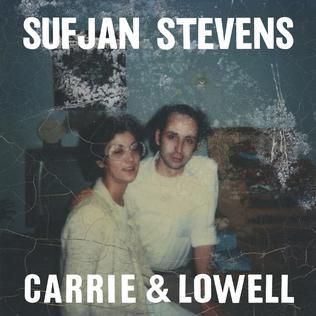
Tiptoeing to the bleeding heart of Steven’s relationship with his schizophrenic, alcoholic mother, this is an album that faces difficult truths with hushed grace. The featherlight folk acquires a remarkable bioluminescence, as the artist finds hope in “signs and wonders, sea lion caves in the dark”. (HB)
20. Rihanna – ANTI (2016)
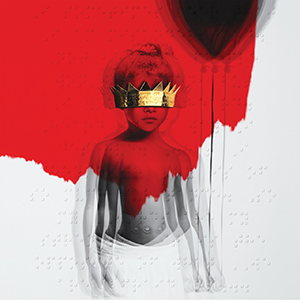
ANTI’s botched rollout – Rihanna was teasing the record for years before a leak prompted a hasty free release – seems strangely fitting for an album as joyfully scattershot and unrefined as this. Dark dancehall sounds flirt with hip hop and R&B, as the Bajan singer embraces her roots and slyly rebels against the pop tropes du jour. (AP)
19. Arcade Fire – The Suburbs (2010)
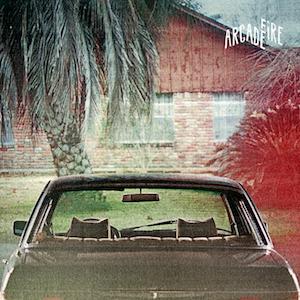
Having released arguably the Noughties’ defining rock album in Funeral, the Montreal six-piece began this decade with a record bathed in nostalgia. Loosely inspired by frontman Win Butler and his brother Will’s childhood on the outskirts of Houston, The Suburbs has much in common with Bruce Springsteen’s Born in the USA, with its themes of familial responsibility and personal crises. The sound is expansive; there are lyrical and musical motifs throughout. If 2007’s Neon Bible was a little portentous and po-faced, this album offers moments of levity in tracks such as the shimmering synth-pop masterpiece “Sprawl II”. Nothing they’ve done since has been as good. (PS)
18. St Vincent – Strange Mercy (2011)

St Vincent, AKA Annie Clark, has a tagline for each of her albums. This one, her third, was “housewives on pills”, though that does little justice to a record that marries uncomfortable intimacy with a cool detachment, its obtuse stories of grief, loss and lust told through angular art-rock, frenzied guitar solos and bold melodies. (AP)
17. Nick Cave – Ghosteen (2019)
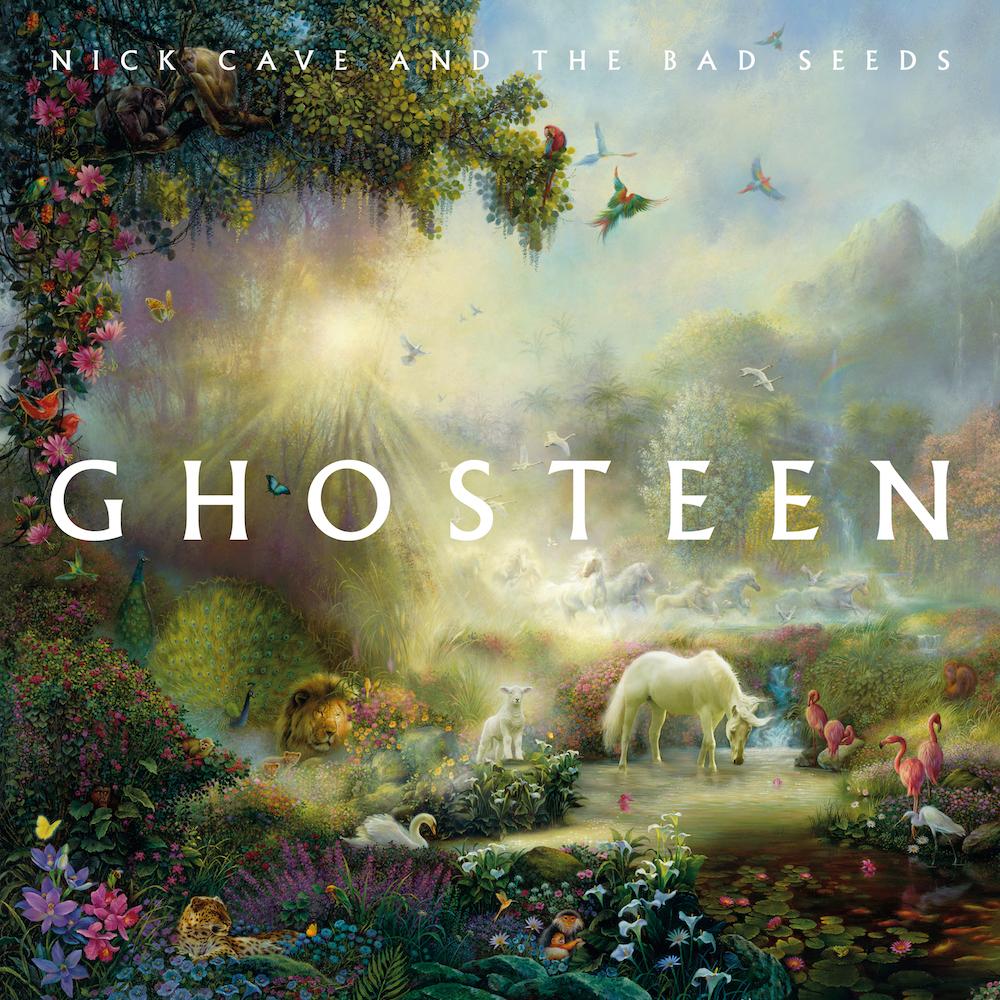
When his 15-year-old son died in 2015, Cave thought public grieving would be “impossible”. But he found unexpected relief in sharing his feelings with his fans. This ambient double album plays like a warm cloud of solace: direct about the agony and inevitability of loss, in awe of the love that helps us survive it. (HB)
16. Taylor Swift – Red (2012)
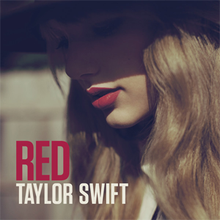
Red is the last album Swift released before it became impossible to discuss her work without mentioning the narrative around her as a person, not just an artist. Her turn of phrase – already impressive for an artist so young – improves immeasurably from opener “State of Grace” and leads the listener to the greatest song of her career to date: “All Too Well”. The analogies and references are less spelt out, too. Then there’s the song structure, the way these songs unfurl as she dissects – with scientific scrutiny – the most intimate details of a relationship, in order to find out where it all went wrong. Red shows Swift with a newfound confidence – and at times, weariness – that can only come with experience. (RO)
15. Frank Ocean – Blond (2016)
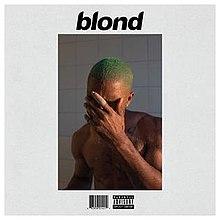
Brilliantly confounding, Blond keeps the spotlight fixed firmly on its creator’s voice. Tracks are stripped of any unnecessary embellishment, anything that might distract from Ocean’s hypnotic musings on love, sex and death. “Every day counts like crazy,” he sings on “Skyline To” – few lyrics capture quite so well the suffocating feeling of being dragged through life at breakneck speed. Blond is far less cohesive than its predecessor, Channel Orange, but does that really matter? Life is messy and confusing; Ocean makes all of it sound beautiful. (RO)
14. Leonard Cohen – You Want It Darker (2016)

A passing comment in a New Yorker profile about being “ready to die” forced Leonard Cohen to tell fans that reports of his imminent death had been hugely exaggerated. Yet the album he was promoting, You Want It Darker, is as powerful a last testament as any artist could hope to release; Cohen’s weary utterances – “I’m ready, my Lord” – are delivered in that fathomless baritone, and his meditations on mortality are bleak, even for him. The fact that Cohen did in fact die just three weeks after its release makes those themes, although it didn’t seem possible at the time, even more poignant. (RO)
13. Solange – When I Get Home (2019)
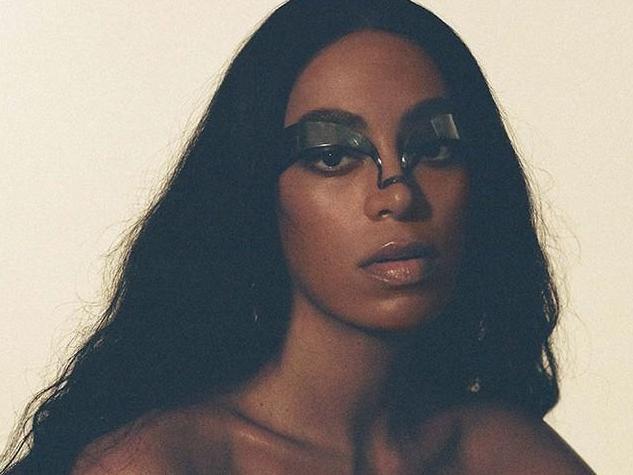
The decade’s second great Solange album churns several deformed, jazzy aesthetics – including Brainfeeder’s gloopy electro-funk and the concoctions of DJ Screw – into a lustrous cloud of R&B. The result hints at Seventies soul voyagers like Stevie Wonder yet retains its future-shock, celebrating Houston futurism without pandering to fans of its explicitly political predecessor. (JM)
12. PJ Harvey – Let England Shake (2011)
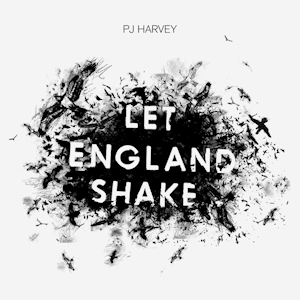
The spooky piano and PJ Harvey’s keening howls on the opening, title track of her eighth studio album are enough to signal this album isn’t a barrel of laughs. Yet her finely wrought arrangements – echoing guitars, beautiful melodies and samples that wrongfoot the listener with their cheerfulness – form a superb kind of juxtaposition with the album’s themes. Across 12 brisk tracks, she casts a despairing eye over everything from the conflict in Afghanistan to the mass casualties of the First World War; she sings in a kind of pleading tone, all the while knowing that humans are doomed to repeat the mistakes of the past. (RO)
11. Kanye West – My Beautiful Dark Twisted Fantasy (2010)
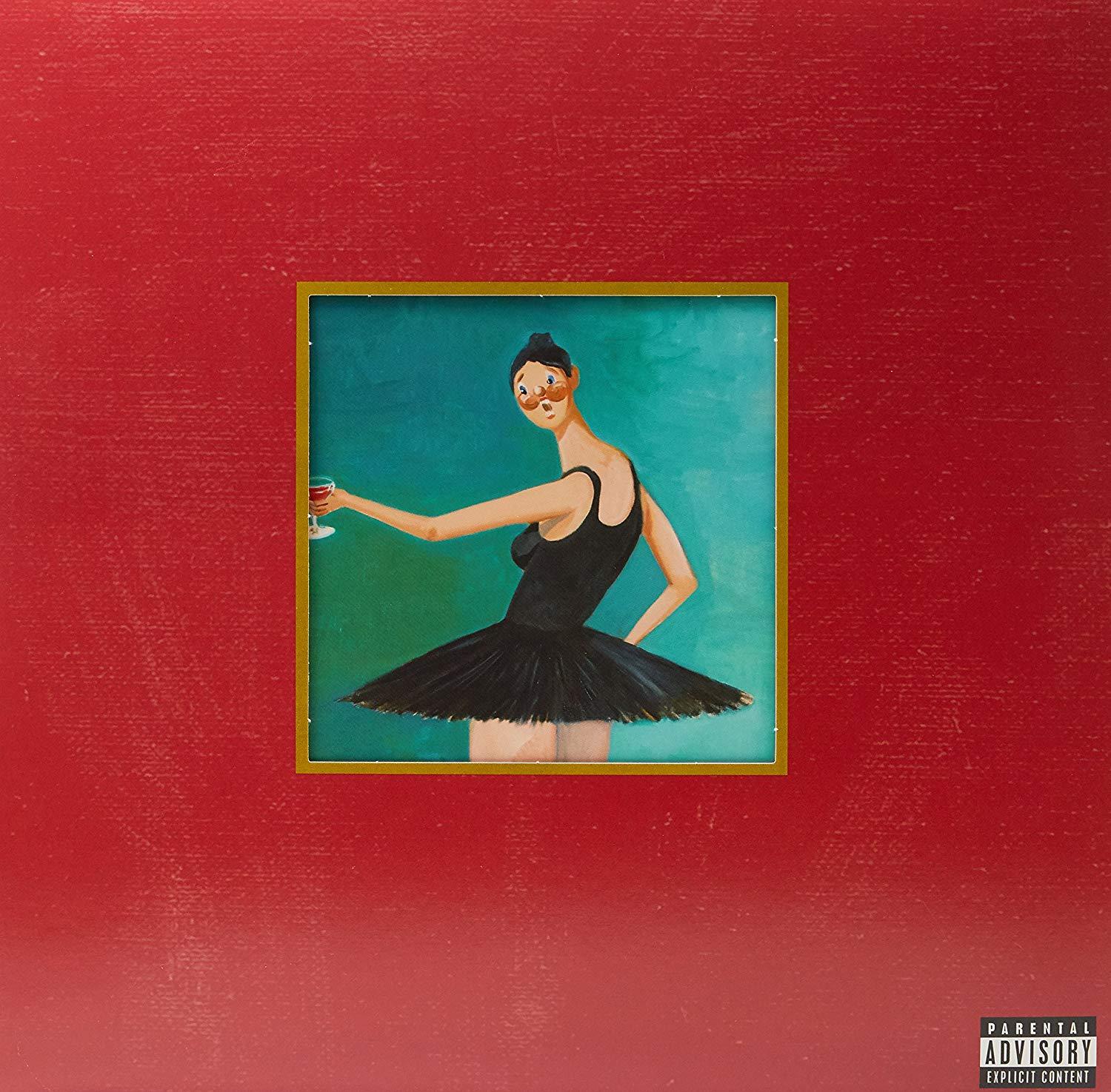
West has always been a complicated, divisive, frustrating sort of genius. Never is that more on display than on My Beautiful Dark Twisted Fantasy, a maximalist, genre-crushing album that looks both outwards and inwards – self-aware even in its most crowing moments – it breaks apart the myth of the American Dream. “The system broken, the school is closed, the prison’s open,” he sings on “Power”, one of the best protest songs of the century. Later, he adds, “They say I was the abomination of Obama’s nation/ Well that’s a pretty bad way to start a conversation.” So far, West has yet to write anything half as sharp about Trump’s nation. (AP)
10. Robyn – Body Talk (2010)
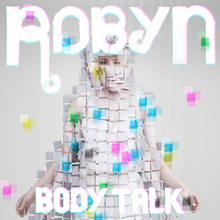
Robyn’s magnum opus barely even charted when it was first released at the dawn of the decade. It’s almost a compilation album of the three great EPs she released in one year, Body Talk Pt 1, Pt 2 and Pt 3. But, nearly 10 years on, it is rightly one of the most influential pop albums of the 21st century. Every popstar tries (and mostly fails) to emulate the silky dance-and-cry beauty of songs such as “Dancing on My Own” and “Call Your Girlfriend”. (AP)
9. A Tribe Called Quest – We Got It From Here… Thank You 4 Your Service (2016)
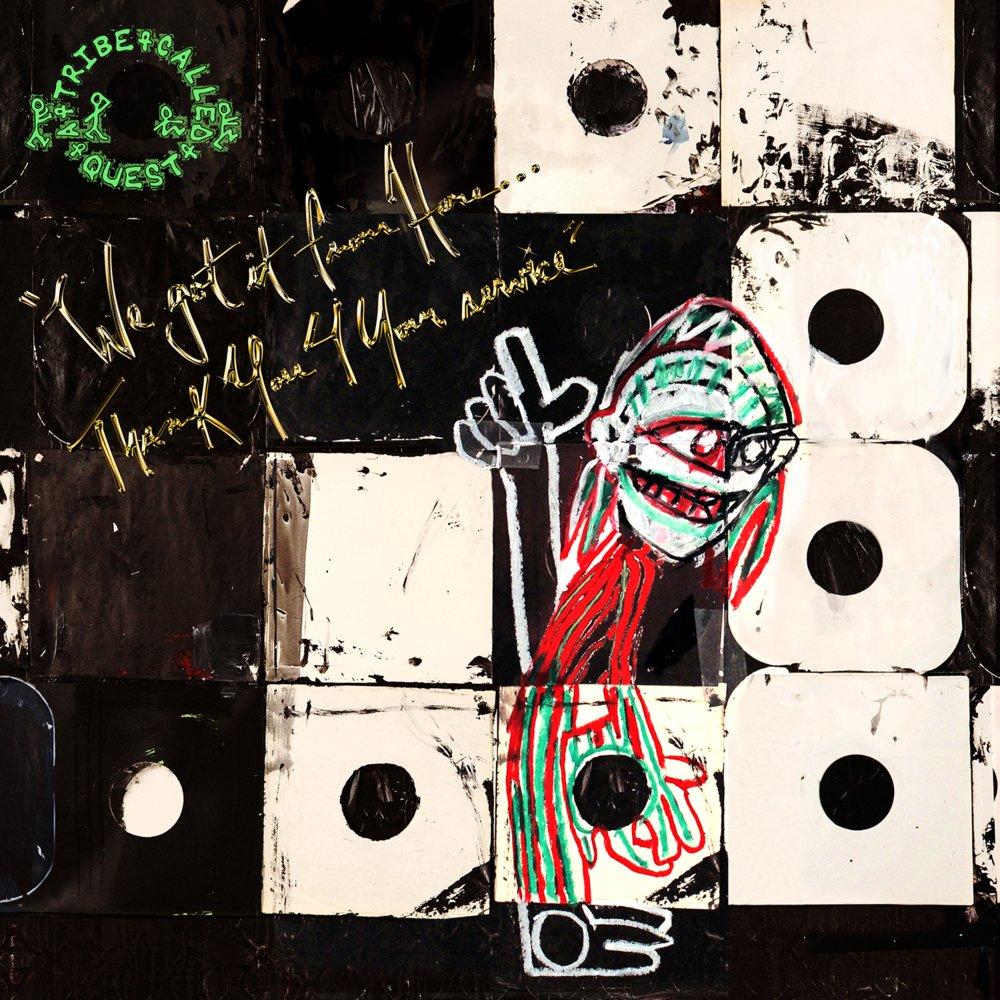
After an 18-year break – and within months of co-founder Phife Dawg’s death – there were mixed expectations for ATCQ’s return. It arrived in the hubbub of election week, but the group rode into the melee like angry gods on horseback, firing out thunderous rebukes. The hip-hop odyssey delivers America’s existential reckoning, one equally suited to street protests or a recuperative headphone voyage. (JM)
8. Lorde – Melodrama (2017)
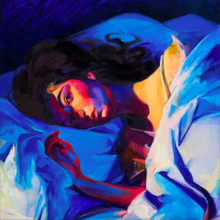
When you experience your first heartbreak, you feel as though you’re the only person to have ever felt pain like it. On Melodrama, written when New Zealand musician Lorde was 19 and on the cusp of adulthood, she indulges her heartache, grief, and self-pity with both tenderness and reckless abandon. This is pop music at its most precise – every synth and drumbeat fired off like a bullet from a sniper – but at its most unbound, too, finding brutal, beautiful new ways to sing about the most saturated of subjects: breaking up. (AP)
7. Kendrick Lamar – DAMN (2017)
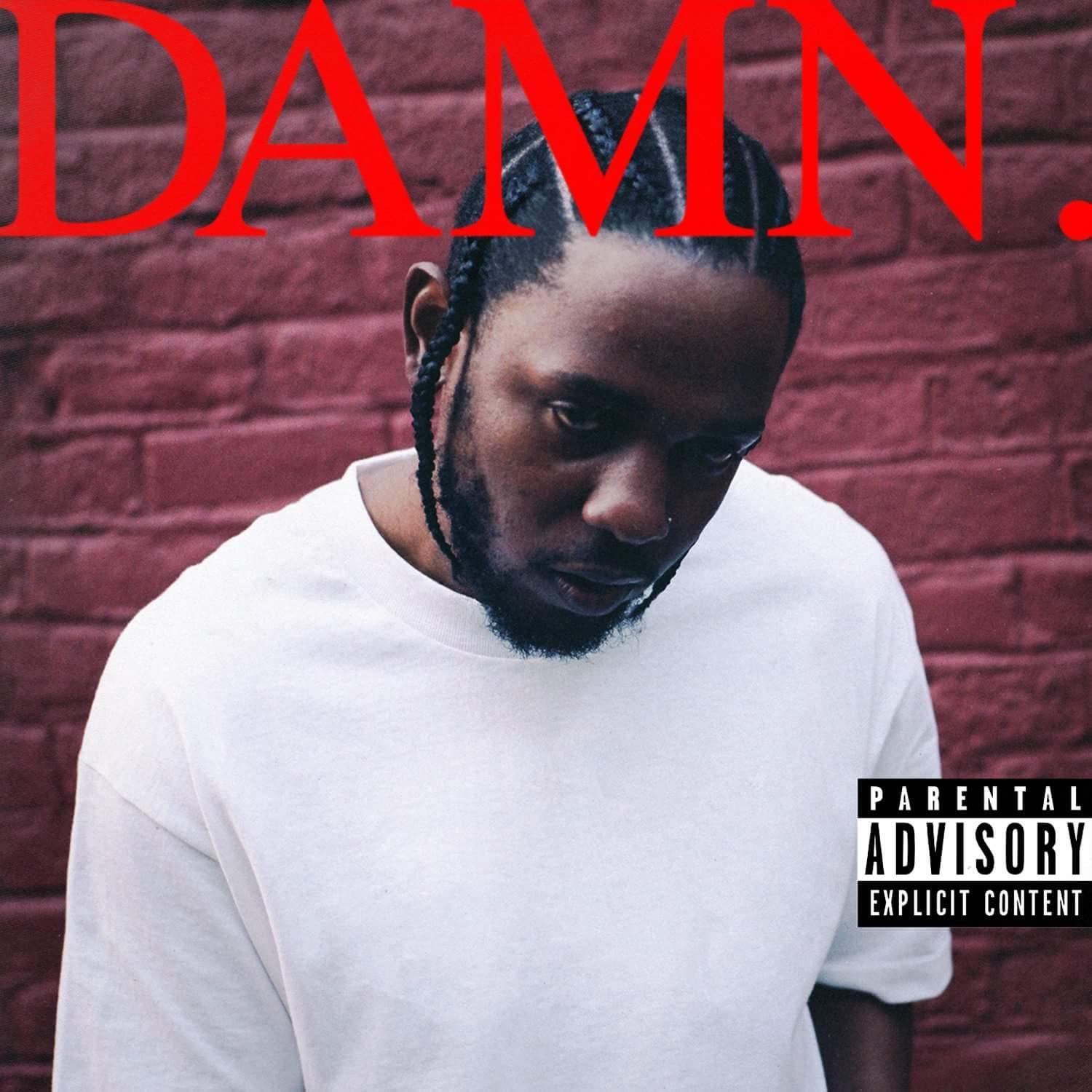
Kendrick has always been a superb storyteller, but the Pulitzer Prize-winning DAMN is his odyssey, an album where he presents evidence of his greatness via a series of challenges: tests of loyalty, will, faith and perseverance. It’s an epic punctuated by abrupt changes in pace and track structure; all the while Kendrick raps as though he doesn’t need oxygen, and you realise his greatest battle has never been with his fans, or another rapper… he’s competing against himself. (RO)
6. D’Angelo – Black Messiah (2014)
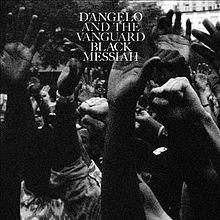
After hit album Voodoo, D’Angelo almost died by various means, including addiction and a car crash. Fifteen years on, its follow-up arrived suddenly one Christmas: a grungy, deathly reanimation of the sexy, Soulquarian R&B he helped pioneer. Its #BlackLivesMatter-referencing lyrics reveal a man renewed yet still fluttering in the crosswinds of passion and vulnerability. (JM)
5. Beyoncé – Lemonade (2016)

When footage leaked of Solange Knowles hitting and kicking Jay Z in an elevator at the 2014 Met Gala, word was that the rapper had cheated on his wife, and was receiving the full force of her sister’s wrath. Two years later, Beyoncé seemed to confirm the affair as only she could: not with a statement, but with an astonishing concept album and accompanying 65-minute film. Dipping into genres as though they’re a dressing-up box, the singer traverses the whole spectrum of emotions as she grapples with the betrayal: “My lonely ear pressed against the walls of your world,” she sings on opener “Pray You Catch Me”. “Suck on my balls/ I’ve had enough,” she sings on “Sorry”. (AP)
4. Frank Ocean – Channel Orange (2012)
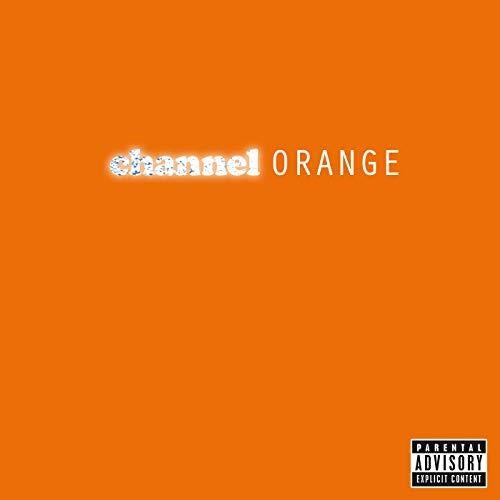
A few days before this album’s release, Frank Ocean released a Tumblr post where he spoke about how, aged 19, he fell in love with his friend, a boy. At the time, many interpreted the letter to mean Ocean was coming out as bisexual, when in fact he has never felt a need to put a label on his sexuality. Channel Orange’s ever-shifting nature – the lolloping bass and his meanderings between that exquisite falsetto and richer timbres – is a beautiful statement about the paradoxes we can find in our own identity. (RO)
3. Lana Del Rey – Born to Die (2012)
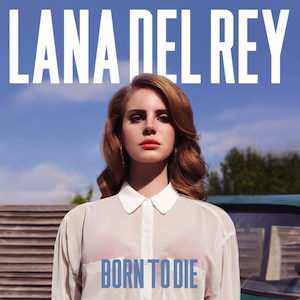
It’s easy to forget that before Lana Del Rey came along – back when Billie Eilish was barely in double figures – lo-tempo sad-pop was not the chart-hogging phenomenon it is today. Born to Die, a minimalist masterpiece, languid and lachrymose, changed that. The month of its release, a shaky performance on SNL prompted naysayers to write the singer off as a flash-in-the-pan, but the album – full of beauty, gloom and strange subservience – had staying power. As did Del Rey. (AP)
2. Solange – A Seat at the Table (2016)
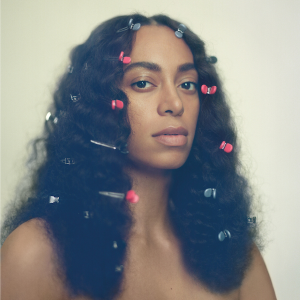
Solange’s third album is so meticulous, so modernist in its approach to space and structure, that early listens could feel like walking admiringly around an exhibition. Then the lights go out, and a distant scream draws you into the shadows. Anguish is the true pitch of this quiet masterpiece, yet it’s impossibly graceful: an R&B battle cry of black art against white supremacy. (JM)
1. Kendrick Lamar – To Pimp a Butterfly (2015)
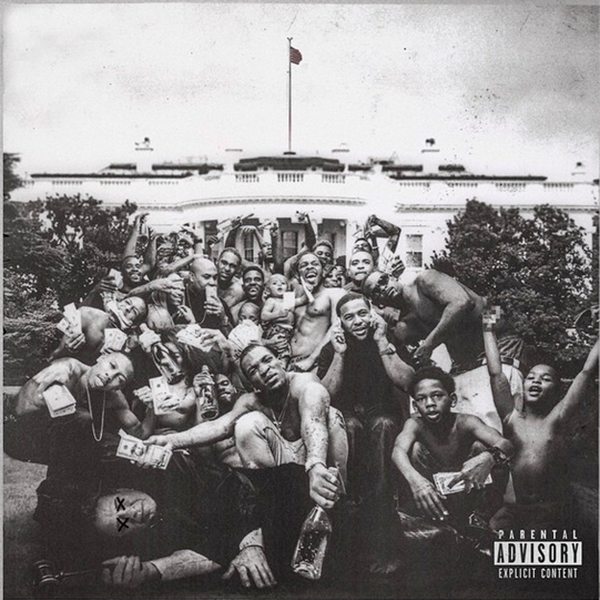
By 2015, Kendrick Lamar was already a grandmaster stylist. But with To Pimp a Butterfly, the Compton rapper became a cultural institution, as if summoned by the decade’s converging flash points. There was the murmur of creeping fascism, the roar of a re-energised black rights movement, and its roots in racist police shootings broadcast and protested across an infernal social media landscape.
This all collided with a resurgent jazz sensibility in rap – brass, blue notes, manic freedom, melancholy – primarily via LA beat scene luminaries Flying Lotus, Kamasi Washington and Thundercat. Each contributes to this modern classic, as despairing and murky as it is lucid and fireball bright. Centrepiece “Alright” is now a civil rights anthem, but To Pimp a Butterfly plays less like a statement than a bad dream: conflicted introspection, vexed empathy and political irreverence meet pitch-black humour that jolts you awake, with the sense that without this music, we’d be lost. (JM)
Join our commenting forum
Join thought-provoking conversations, follow other Independent readers and see their replies
Comments
Bookmark popover
Removed from bookmarks